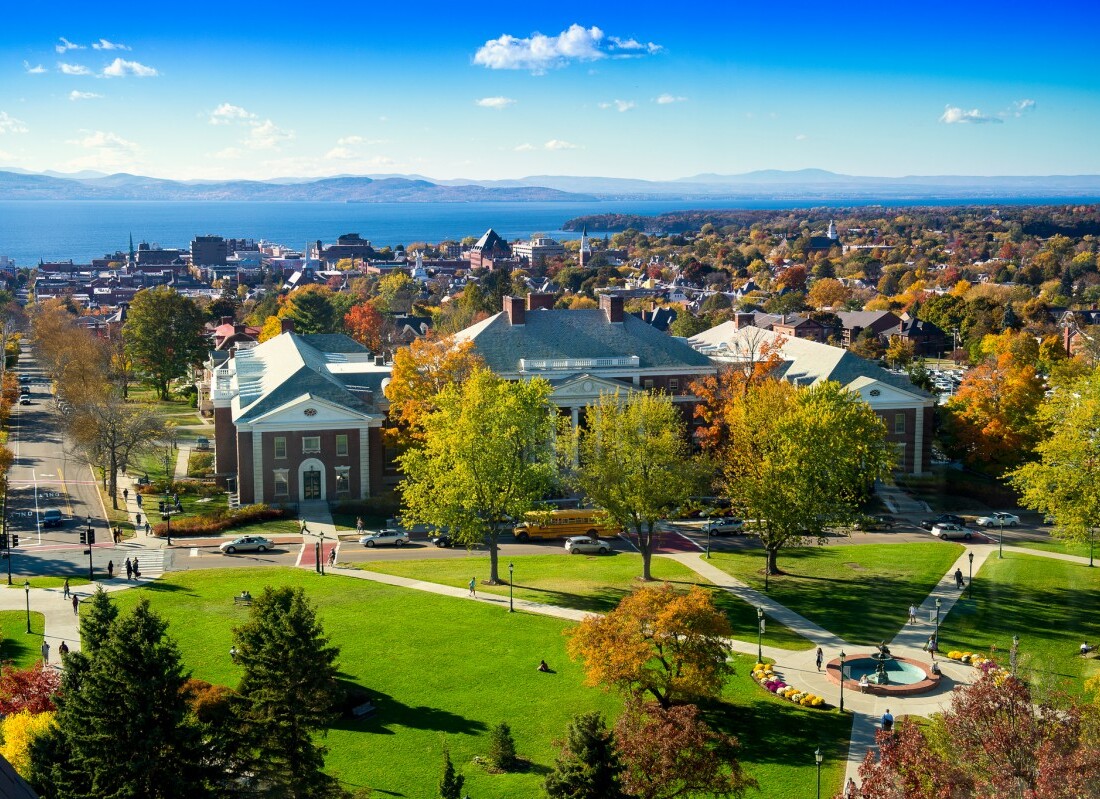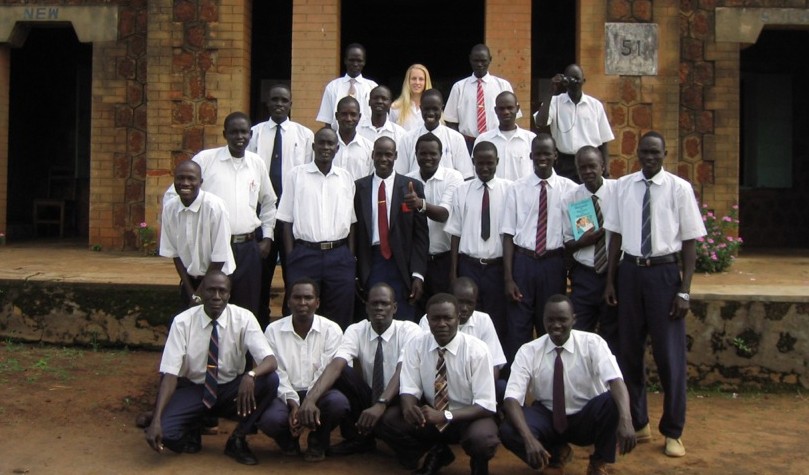By Kate Whitney
This year marks the 40thanniversary of the release of Barbara Lee and William Kaplin’s seminal work, The Law of Higher Education. The first edition, written in 1978, was 500 pages. The two-volume 6th edition, slated for release in April 2019, is a whopping 2,326 pages long.
According to Lee, colleges and universities (particularly public ones) are more heavily regulated than any other business in the United States—no matter what the industry—and the evolution of this increase in federal oversight and litigation has resulted in student affairs divisions carrying more liability than any other division or unit on campus.
We recently spoke to Eva Chatterjee-Sutton, vice president of Student Life and Dean of Students at Washington & Jefferson College. With more than 25 years of experience in higher education, including 16 years as Associate Dean and then Dean of Students at Bennington College in Vermont, Chatterjee-Sutton will bring her expertise to this year’s Legal Issues in Higher Education Conference, where she’ll be presenting in the opening plenary session, “Current Legal Trends: Litigation and Legislation.”
Chatterjee-Sutton opened up about the most pressing legal issues on campus, her evolving role over the years in an increasingly regulated field, and fostering a safe, positive, and open campus environment in our current political climate.
From the Clery Act, FERPA, Title IX, ADA, the Higher Education Opportunity Act, Title IV, and countless other laws and regulations, does it ever feel that your responsibility to comply with increasing federal and state oversight is a distraction from your commitment to student growth and development? How much has your role changed in the past several years?
There is no doubt that increased work documenting institutional compliance takes time and resources; it has absolutely changed my role and many within my division as well as the institution. Regulation exists in so many areas, many of which intersect with complicated aspects of a campus environment whether it be relative to deeply personal and sensitive issues or complexity around resource allocation and support services. The institutional spread of compliance and regulation adds complexity to how our systems are structured and how reporting is coordinated.
To maintain a focus on students and student development, it is imperative that systems are in place to ensure tracking and reporting are managed consistently and in a timely manner. Developing a systemic approach, from both a process and reporting standpoint, is critical in aligning staff time and energy toward our compliance responsibilities while maintaining a focus on delivering a transformational student experience that is developmental and evolving as our students evolve. This is no easy task and requires careful oversight of institutional practices and methods while maintaining a vigilance of changing requirements and regulations. In some cases, this balance has given rise to increased staffing and specialization which presents not only resource challenges but also implications for coordination.
Free speech and social media on campus seems to be a contentious topic at the moment. How are colleges and universities working toward balancing the first amendment rights of students and protecting those students/faculty/administrators who feel unsafe? Is there a clear definition of what constitutes threatening speech?
This complex issue is challenging to manage on our campuses, as it is in the world. That said, our communities expect—as they should—that a safe space is provided for the pursuit of learning and development. As educational institutions, the pursuit of knowledge is typically enhanced through exposure to multiple viewpoints. Our societal and personal tolerance for embracing alternative ideologies and schools of thought vary widely which makes adopting a common definition of “threatening speech” very challenging.
Campuses are widely adopting policies that regulate what type of events and speech can happen on campus by outlining time, place and manner guidelines. This seems, in some way, to serve as a means to regulate some elements of discourse. That said, the balance of supporting community dialogue around controversial and personally sensitive topics (speech and expression which is perceived to be threatening) is critical. Ideally, campuses will agree on a set of values that are continually reinforced on all levels, student to student and among faculty, staff, alumni, trustees and administration. These values can serve as a powerful backdrop and reminder of how community members engage with each other and collectively how issues of respect and speech are regulated.
At this year’s Legal Issues in Higher Education Conference, you’ll be part of the opening plenary on “Current Legal Trends.” What are some of the most pressing issues facing colleges and universities in 2018?
Speech, civil rights/inclusion, compliance, employment law, civility and safety continue to be pressing issues in higher education. The national climate around issues of discourse are also increasingly prevalent on college and university campuses. There is little doubt that as national and international issues have become increasingly complex and, in many cases more charged, college campuses are dealing with these issues as well.
In our current, divisive political climate, have you noticed an increased hostility and bitterness between student groups? If so, what are campus administrators doing to encourage healthy, open dialogue?
On our campus, not unlike others, student groups are grappling with tolerance of expression of speech and ideologies of some politically based organizations. In most cases, the challenge has existed with organizations which have a national or international affiliation; in these instances it can appear that the students/organization is having a polarizing effect on campus dialogue.
In many ways this provides a rich learning environment if managed well. Helping students learn how to express opinions with civility while listening/being open to other viewpoints is developmentally critical as part of one’s own learning process. That said, it is not an easy venture.
Working with elected/representative students is critical in helping to create a space for open dialogue. This can be an ideal role for student government to take on given their charge to be the voice of the students. In many cases, SGA/student government serves as the governing body for all recognized student organizations, which means they are best positioned to invite dialogue and civility within and among student groups. As such, it is imperative that administrators forge and maintain strong advisory relationships to SGA to help guide them in promoting healthy and open campus dialogue.
The UVM Legal Issues in Higher Education Conference is annually in October.
Learn more and register for the conference.
-Kate Whitney is a freelance writer.




